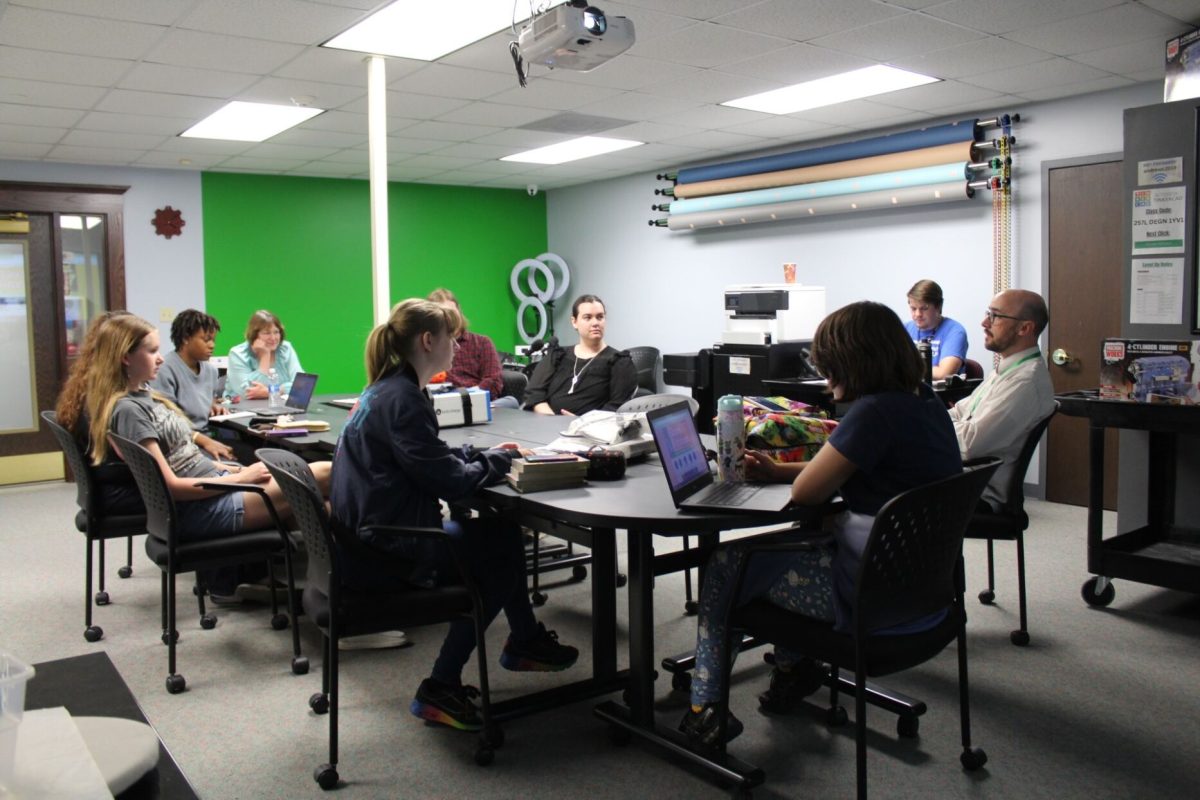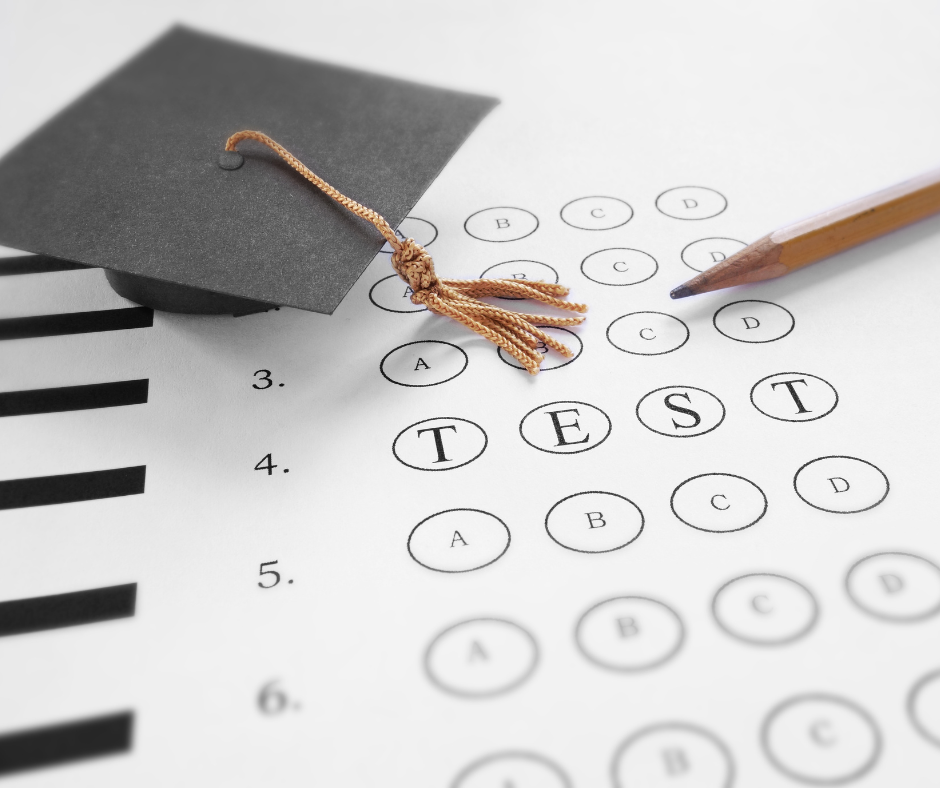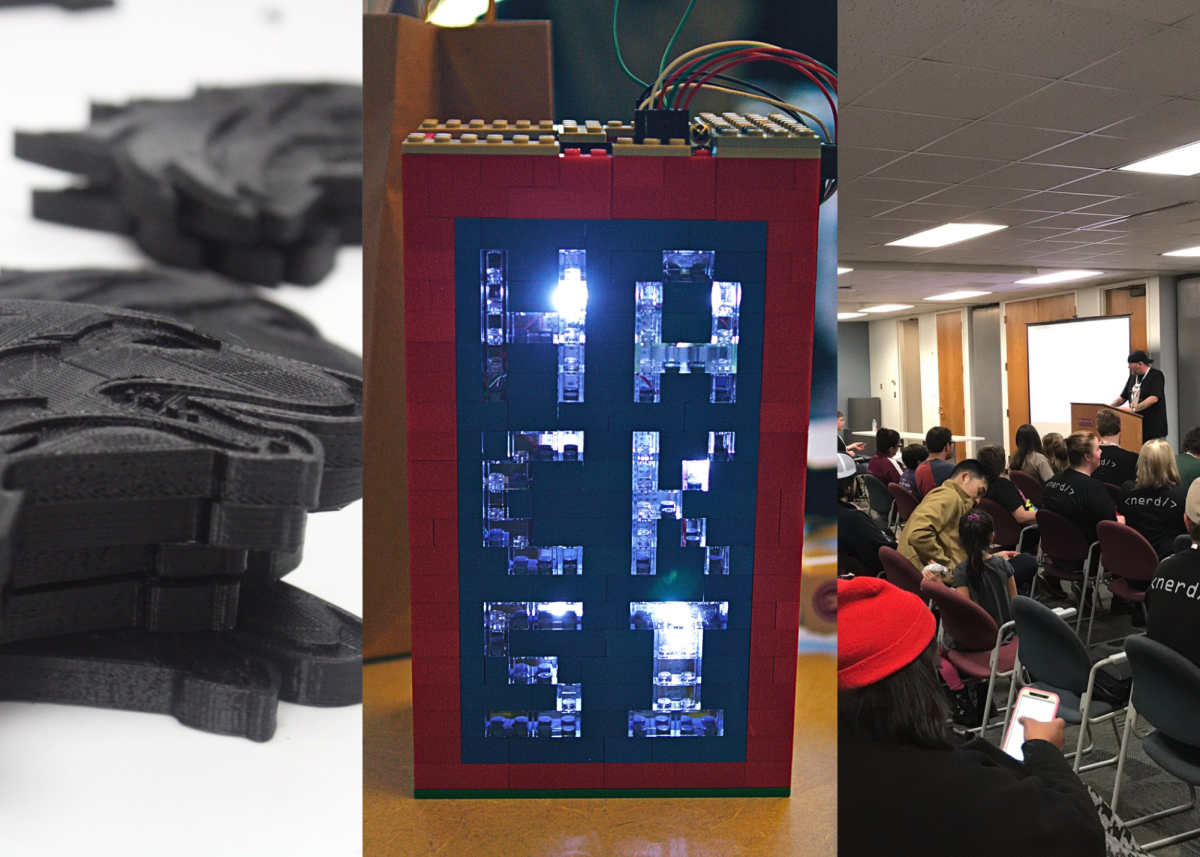In the fast-paced world of the digital age, traditional journalistic tools and methods are being replaced by a new breed of media and soon, paper-print media could go extinct, bringing in a new generation of consumer media.
Project Next Generation at the Marion Carnegie Library is designed to introduce students to that new media.
“Just being able to interface with people locally who do work with some of that digital stuff of new age media, so that they can see there’s more opportunity than just some of the quote-unquote old media. We’re excited to be able to provide that,” said Keith Robinson, overseer of the project.
Advertisement
In response to the digital revolution within our own community, Marion Carnegie Library hosts the innovative after-school program with open lab days from 4-7 p.m. part of the week and workshops on Thursdays from 4-5 p.m. at the MCL Tech Lab.
The program is designed to provide guidance and support to middle and high school students as they transition from traditional print media to the captivating world of digital media. The goal is to educate and empower the next wave of digital enthusiasts.
“Project Next Generation was started by Jesse White, who was the previous Secretary of the State many years ago. It started in Springfield in the state library and has become a grant-based program that spreads throughout the state. Marion Carnegie Library has participated in it for several years,” Robinson said.
Students are exposed to a wide range of digital journalism techniques and tools, including social media, video production, and podcasting. With a hands-on approach to learning, Project Next Generation is an opportunity for students to gain practical experience and develop the skills they need to succeed in the digital age.
“Getting kids from the area more exposed to careers that could exist right here in southern Illinois because traditional news media, newspapers, television and radio isn’t an industry as maybe it was five or 10 years ago even,” Robinson said. “So, we’re excited about the opportunity to bring some of those digital aspects to the forefront for the kids who come to our programming.”
Students learn about a variety of topics.
“Once a month it may be photography, the next month it may be engineering, the next month it may be something else,” Robinson said. “You know, the other day we did video editing. So, it’s just a way to come in for an hour and learn about some elements of science, technology, engineering, the arts and math… It’s things that they can sort of develop into and work on themselves.”
Advertisement*
Storytelling is an art that has been passed down through generations. It is the ability to craft a narrative that captivates, inspires and touches the hearts of listeners. The art of storytelling involves the use of words, emotions and imagination to paint a vivid picture in the minds of the audience. It is a powerful tool that can be used to convey messages, teach lessons and entertain.
A good storyteller knows how to create suspense, build tension and deliver a satisfying conclusion. They understand the importance of pacing, tone and voice modulation to keep the audience engaged. In essence, storytelling is the ability to transport the listener to another world, to make them forget their troubles, and to immerse themselves in a tale that resonates with their soul. Within this program, the goal is to learn how to use the tools of storytelling and reflect within everyday media.
Mike Whitver is an SIU student who works in the library.
“I am technically a Project Next Generation mentor and that applies to any library in the state that does have this program,” Whitver said. “And my day-to-day is mostly just being there for kids that want to learn basically.”
Whitver said a lot of the students who come in are homeschooled, so they don’t have access to any of the school’s resources.
“Even if the school did have those resources, stuff like 3-D printing, laser engraving, or if they wanted to get into sound design, we have stuff for that or if they want to produce something news-related like the DE [Daily Egyptian], we also have the news bureau,” he said.
Whitver has helped many young people learn about digital media. He works with his students and helps them get the knowledge and skills they need to succeed in this field. Whitver said he loves digital media, and he has inspired many of his mentees to consider working in this industry.
“I’ve taught multiple classes at community centers and… I was going into it with that mindset in mind,” Whitver said. “I try to keep it as laid back as possible so I can let these kids’ creativity blossom as much as possible, especially if they want to create a project that may seem extremely intimidating, which some kids have gotten very worked up about.”
He said many of the students are special education programs from the surrounding areas.
“It’s one thing I’m glad I’ve been able to learn and adapt to because I don’t want to hold any of these students back by any means, but I also have to be able to understand what they’re going through and understand what they need to get their project done.”
According to Project Next Generation, funding comes from the Institute of Museum and Library Services using the Library Services and Technology Act. There are many libraries within the state of Illinois that participate in this program, getting the same grant to perform the activities to teach the younger generation about the new age of digital media, whether it is through events or a constructive day-by-day program, which is what Marion Carnegie Library has done.
“We’ve been very fortunate the last several years to be able to provide these sorts of events and resources and the news bureau which is new.” Robinson said.
The Daily Egyptian visted the program on Oct. 12 and Oct. 19 to speak on digital journalism as well as traditional journalism and its influence on the younger generation as we transition from old media to new media within our society.
Annie Hammock, faculty managing editor of the DE, told the students, “Everybody has a story to tell, and it just takes a little bit of digging, so when you are working on projects, you could think about how you just walk down the street and every person you look at has some interesting thing about them that would make them a story.”
She spoke about the interaction process that comes with the projects that are performed by the students.
“We really learn from people in a one-dimensional way. ‘Oh, well that is Annie, and she is the managing editor.’ There’s a whole lot more going on here than just me being the managing editor. I am still a person, and we are who we are as people,” Hammock said.
She said that when interviewing people for stories, it is important to consider their skills, experience and personality traits rather than just their job title or background. By doing so, we can ensure that the evaluation process is fair and objective. It’s crucial to approach every interview with an open mind and a willingness to learn about the person as an individual.
Robinson said, “The work with you guys at the DE… and just kind of with the whole SIU crew is awesome. It’s something we haven’t offered before, specifically journalism and the angle of it, we and the kids are excited.”
As digital media continues to evolve and shape the way we consume information, it’s crucial that we adapt to this ever-changing landscape as Project Next Generation has done. Whether it’s learning how to effectively use social media to grow a personal brand or mastering the art of podcasting, there’s no denying that digital media skills are becoming increasingly valuable in today’s job market. By embracing these technologies and expanding their skill sets, PNG participants can stay ahead of the curve and remain competitive in an increasingly digital world.
Advertisement









![Scott Hamilton, a part of the SIU research team, shows Zachary Gutenkauf and Jennifer Pierce supplies they will be using during their NASA research in the Life Science III building at SIU Nov. 8, 2021 in Carbondale, Illinois. “There are three phases to the overall competition Phase One is basically to show that your idea has merit. Phase Two is to show that all pieces of the idea work and construct each one [idea] and Phase Three is to integrate them into one continuous device,” professor in geology, Ken B. Anderson said.](https://dailyegyptian.com/wp-content/uploads/2021/11/NASAresearch3-900x710.jpg)
